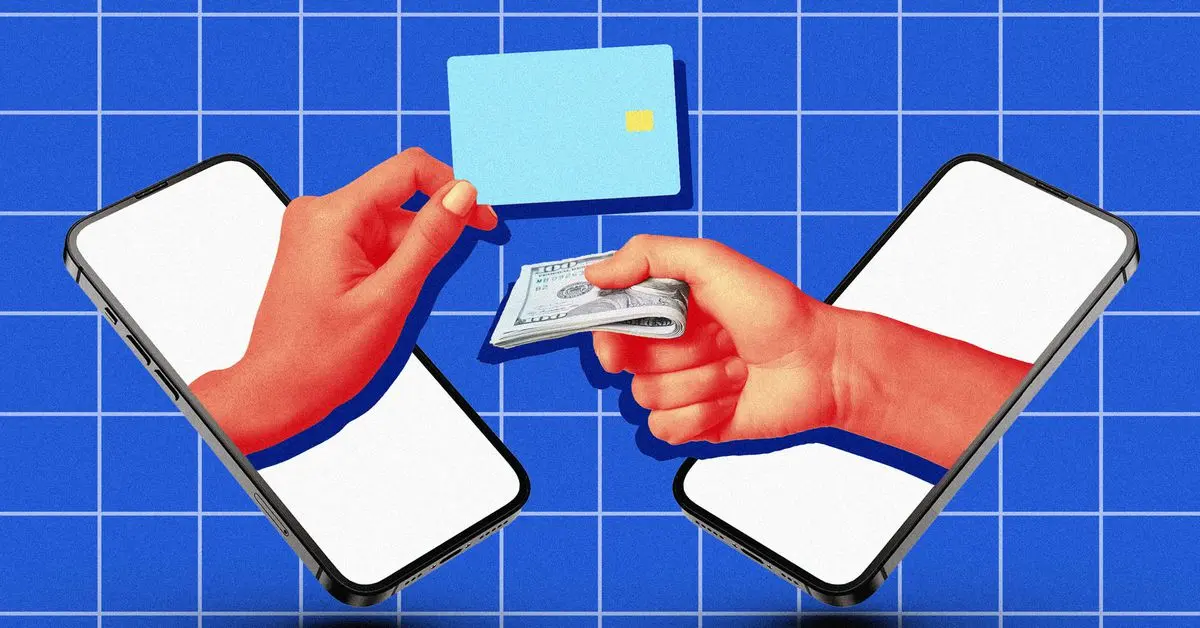- cross-posted to:
- technology@lemmy.zip
- cross-posted to:
- technology@lemmy.zip
“If you’re someone who’s buying products on the web, we know who is buying the products where, and we can leverage the data,” Grether said in a statement to the WSJ. He also said that PayPal will receive shopping data from customers using its credit card in stores.
A PayPal spokesperson tells the WSJ that the company will collect data from customers by default while also offering the ability to opt out.
PayPal is far from the only company to sell ads based on transaction information. In January, a study from Consumer Reports revealed that Facebook gets information about users from thousands of different companies, including retailers like Walmart and Amazon. JPMorgan Chase also announced that it’s creating an ad network based on customer spending data, while Visa is making similar moves. Of course, this doesn’t include the tracking shopping apps do to log your offline purchases, too.



As far as data goes, purchase data is one I can live with businesses doing this kinda stuff with. I’m using their platform to complete the sale, so it’d make sense to me they’d have data of that sale. And it makes sense to me that a business would leverage that data in ways to benefit themselves.
Someone tell me if I should be concerned, but this seems like what everyone else has done as long as they’ve been able to do it.
Big fat nope on that one. This is exactly what the GDPR is about. I’m giving you my data for a specific purpose, and unless I tell you otherwise, you have no fucking business using that data for anything else. Gonna be interesting to see how this one plays out in the EU.